In case you missed it – last week, the Child Safeguarding Practice Review (CSPR) Panel released its fourth annual report which is described as a barometer of the health of the national safeguarding system, highlighting both strengths and areas for improvement in multi-agency practice. The report provides important insights into patterns in English safeguarding practice, examining learning from incidents where children have died or suffered serious harm due to abuse or neglect.
In the Foreword to the report, Annie Hudson, the Chair of the Child Safeguarding Practice Review Panel, reminds us that, “The children at the heart of this report endured shocking, almost indescribable, violence and maltreatment. We must never become inured or habituated to this. What happened to these children cannot be undone, but what we must do is assess how well agencies responded to their needs.”
The findings presented in the 2022/23 annual report are based on:
- serious incident notifications (SINs) during the 15-month period of January 2022 to March 2023 with a focus on the 12-month period of April 2022 to March 2023
- rapid reviews with incidents that occurred during the 12-month period from April 2022 to March 2023
- a sample of Local child safeguarding practice reviews (LCSPRs) produced during the 15-month period of January 2022 to March 2023
- letters to safeguarding partnerships from the Panel used to assess the quality of rapid reviews during the 12-month period of April 2022 to March 2023.
The review also draws on evidence in the 2 national reviews and 2 thematic reviews the CSPR published in 2022 and 2023.
The Panel received 393 serious incident notifications during this period, with 37% (146) related to child deaths and 58% (227) involving incidents of serious harm to children.
Review highlights vulnerability of babies
- Babies under the age of 12 months old comprised the single largest age group within the sample of rapid reviews (36%, n=142).
- Over a fifth (26%, n=25) of serious incidents involving children under one year old occurred in the 10% most deprived areas compared to 15% (n=7) of children aged 1 to 5 years old.
Parental and family stressors were the most significant factor in escalating risk when it comes to safeguarding children under 12 months old. Previous reports like the Myth of Invisible Men and Bruising in Non-Mobile Infants emphasised challenges in responding to this vulnerable group. The review builds on the key learning from the inquiry into the murders of Star Hobson and Arthur Labinjo-Hughes in highlighting the importance of professionals having the time to understand the context in which babies and young children are living:
“Knowing what life is like for children, highlighting the centrality of children’s voices and experience, and those of their parents, carers, and wider family members, but also the knowledge, skill and confidence required to build a full picture of children’s lives to enable the best safeguarding, support and protection.”
Understanding the roles and risks of all adults around very young children is crucial, given their dependence on caregivers and the potential for rapid escalation. The analysis also highlighted ongoing problems in effectively assessing and managing risks involving babies, with connections to domestic abuse, where pregnancy is a recognised risk factor in such relationships, posing challenges for professionals.
Parents’ and carers’ needs
Among the 393 cases reported to the Panel, 13% (n=51) involved parents under 25 years old, and 3% (n=13) had a history of being in the care system, although identification was sometimes challenging. This indicates a potential need for additional support from services like GPs and health visitors for these parents.
Conditions in practice
One of the main messages from the review is the importance of providing practitioners with the best opportunity to identify, assist and protect children. Specifically for health visiting, the following factors were found to hinder optimal practice and safeguarding decision making:
- Major challenges in workforce recruitment and retention, most obviously in children’s social care and health visiting, which impact on the quality of practice. The review raises concerns about the year-on-year decline in the number of health visitors.
- Increases in population numbers and levels of vulnerability – this includes evidence from the iHV Annual State of Health Visiting survey. Alongside the decline in workforce numbers, these place significant pressures on health visiting services in meeting the scale of need.
- Limited GP input and incomplete health records in multi-agency meetings posed a common problem in recognising vulnerabilities affecting families. Inadequate information sharing between agencies, like neonatal units, midwives, health visitors, and GPs, especially in families with young children, significantly impacts the protection of children at risk of harm.
- There was also evidence that questions about domestic abuse were not being asked during checks with mothers if fathers were present (this learning point applies regardless of sex and gender of both parents or main carers). While including fathers in checks and appointments is essential to avoid them becoming invisible to services, this finding emphasises the need to ensure that mothers can speak to health visitors alone in case the presence of the other parent inhibits disclosure.
- The report emphasises the importance of working upstream to prevent situations reaching crisis point.
The report concludes with a series of reflective questions for safeguarding leaders to support them in promoting the very high standards of safeguarding practice and makings sure that learning reviews drive longer term change to help children and families. These questions are organised around 6 key strategic themes:
- Culture: creating an inclusive culture where professional challenge is promoted.
- Clear partnership intent: ensuring clear and balanced partnership working.
- Strategy to delivery: ensuring strategy is carried through to frontline practice.
- Assessing effectiveness: evaluating impact of the safeguarding system.
- Getting upstream: ensuring learning feeds into prevention, early intervention and the commissioning of services.
- Workforce: working together effectively across agencies and promoting development.

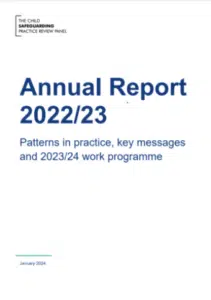


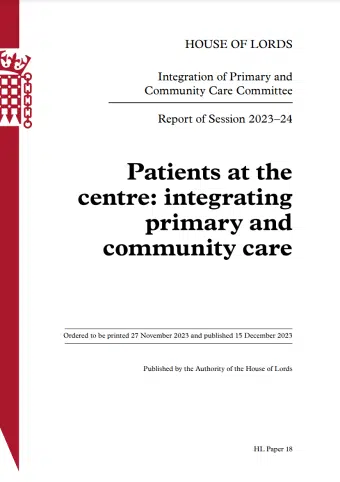
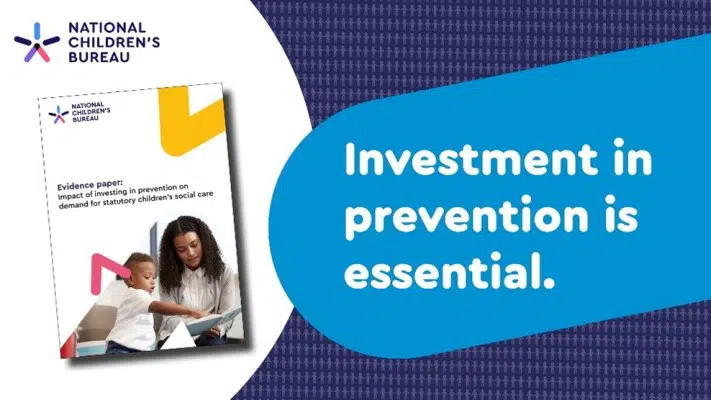
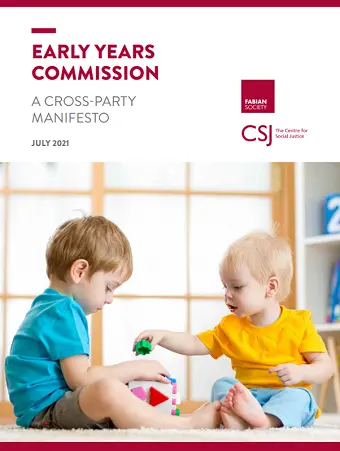
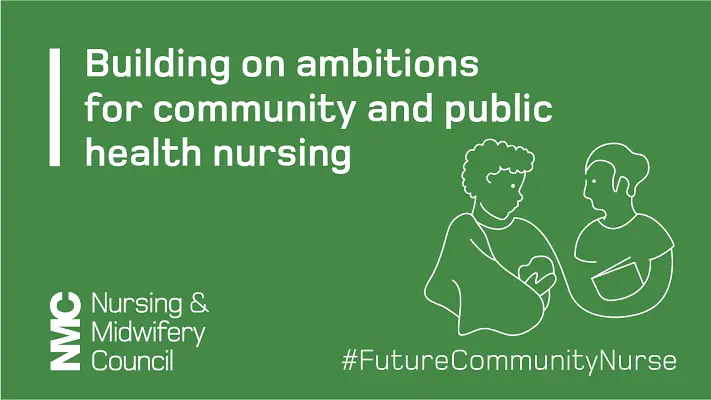
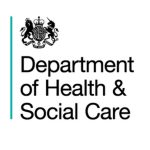 The Prime Minister has asked Rt Hon Andrea Leadsom MP to lead a new review into improving health and development outcomes of babies and young children in England. The time from conception to the age of 2 is a critical time for development and can impact physical health, mental health and opportunity throughout life.
The Prime Minister has asked Rt Hon Andrea Leadsom MP to lead a new review into improving health and development outcomes of babies and young children in England. The time from conception to the age of 2 is a critical time for development and can impact physical health, mental health and opportunity throughout life.